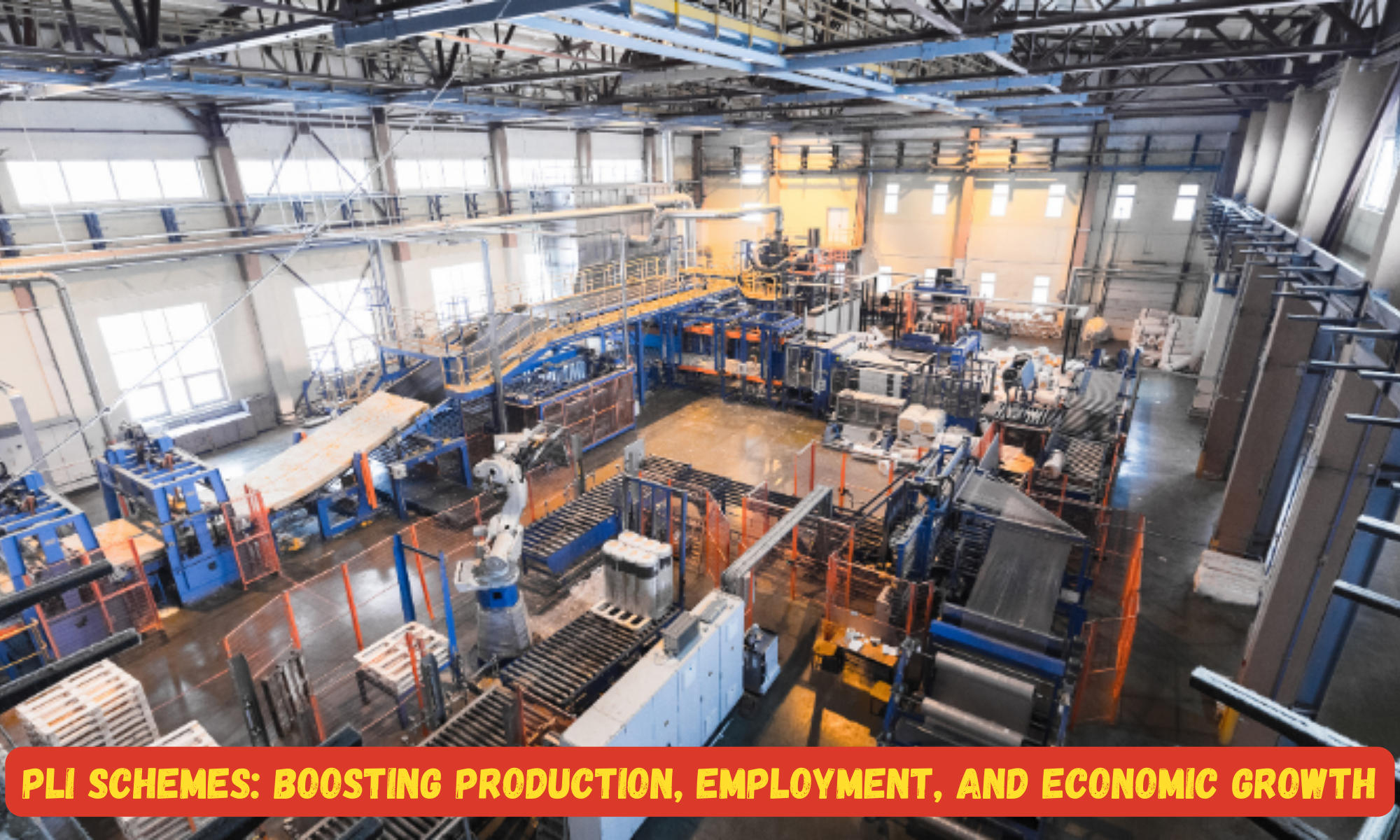The implementation of the Production Linked Incentive (PLI) Schemes in the country has led to significant positive outcomes such as increased production, employment generation, economic growth, and exports.
During a press conference in New Delhi, Shri Rajesh Kumar Singh, Secretary of DPIIT, highlighted that the PLI Schemes resulted in a notable 76% rise in Foreign Direct Investment (FDI) in the manufacturing sector in the fiscal year 2021-22, reaching USD 21.34 billion, compared to the previous fiscal year’s USD 12.09 billion.

PLI Schemes: Promoting Self Reliance
- The PLI schemes, conceived by Prime Minister Shri Narendra Modi to promote self-reliance in India (AatmaNirbhar Bharat), are focused on 14 sectors and have an incentive budget of approximately Rs. 1.97 lakh crore (around US$ 26 billion).
- These schemes aim to enhance the production capabilities of the sectors involved and facilitate the emergence of global leaders.
- Sectors such as Drugs and Pharmaceuticals (with a 46% increase in FDI), Food Processing Industries (with a 26% increase in FDI), and Medical Appliances (with a 91% increase in FDI) have witnessed a surge in foreign investments from the fiscal year 2021-22 to 2022-23.
- The PLI Schemes have also facilitated a transformation in India’s export portfolio, shifting from traditional commodities to high-value-added products like electronics, telecommunication goods, and processed food.
- Currently, a total of 733 applications have been approved across the 14 sectors, with an expected investment of Rs. 3.65 lakh crore.
- Notably, 176 Micro, Small, and Medium Enterprises (MSMEs) have benefited from the PLI schemes, primarily in sectors such as Bulk Drugs, Medical Devices, Pharma, Telecom, White Goods, Food Processing, Textiles, and Drones.



No comments:
Post a Comment